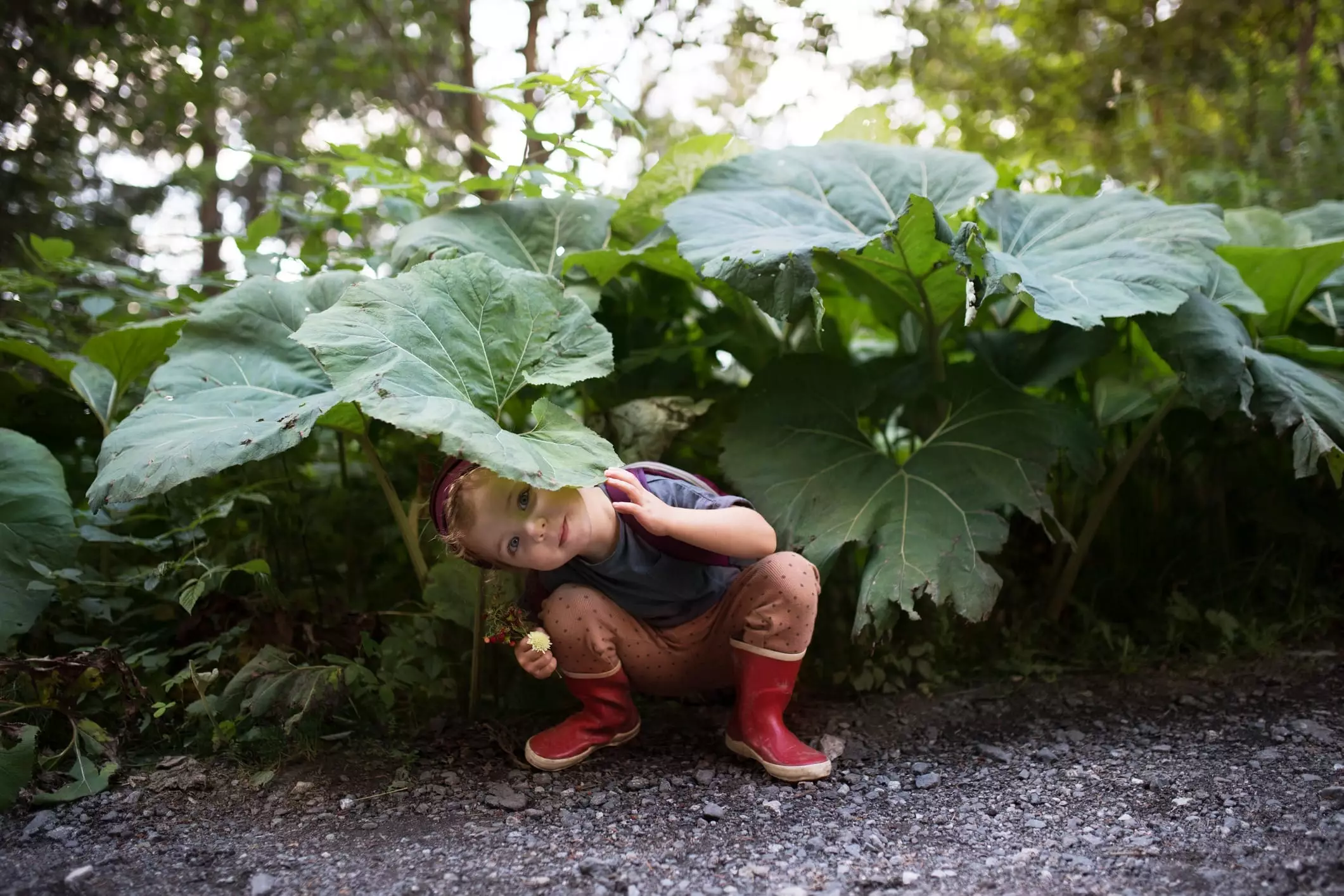The intricate relationship between humans and their microbial inhabitants is a topic gaining momentum in scientific discourse and parenting practices alike. Did you know your body harbors nearly as many bacterial cells as human cells? This fascinating fact serves as a gentle reminder of our shared existence with these invisible life forms. The human experience is increasingly being influenced by this microbial universe, which plays a crucial role in our health, immunity, and development from birth onward.
As an evolving concept in healthcare, “microbiome” refers to the trillions of microbes, including bacteria, fungi, and viruses, that exist in and on our bodies. Recent research has shown that these microorganisms are not merely passengers; they provide critical support for our immune systems, digestive processes, and even mental health. For parents navigating the complexities of raising children, understanding the microbiome can serve as a fresh perspective for making informed health decisions.
The journey begins at birth, where an infant is initially colonized by microbes from the birthing parent. Factors like the mode of delivery (vaginal or C-section), breastfeeding practices, and environmental interactions all contribute to the child’s developing microbiome. Within the first few years of life, the microbiome begins to stabilize, reaching what researchers refer to as a “steady state,” and continues to be shaped by lifestyle choices like diet, physical activity, and medical interventions.
One of the most impactful ways to nurture your child’s microbiome is through conscientious dietary choices. Preliminary studies suggest that a diet rich in diverse plant-based foods can bolster a healthy microbiome. Incorporating plenty of fruits, vegetables, legumes, and whole grains ensures that children receive essential nutrients, as well as the fibrous substances necessary for beneficial bacteria to flourish.
Critically, stocking the pantry with high-fiber foods and polyphenols—found in items like berries, nuts, and leafy greens—has been linked to improved gut health. Conversely, excessive sugar and processed foods disrupt the delicate balance of microbes, contributing to digestive issues and weakened immunity. Thus, cultivating healthy eating habits during formative years can lead to a resilient microbial community within the gut.
The Impact of Environment on Microbial Diversity
In addition to diet, exposure to diverse environmental microbes significantly impacts the composition of a child’s microbiome. Daily interactions with nature, from playing outdoors to having pets, can provide children with unique microbial exposures that are essential for building a robust immune system. Studies show that children who engage with a variety of outdoor environments demonstrate improved gut and skin microbiomes, as well as enhanced immune responses.
Given the modern trend of heightened sanitation—especially emerging from the COVID-19 pandemic—it’s crucial to find a balance between cleanliness and the natural exposure to beneficial microbes. Encouraging outdoor play is one way to help children form these essential connections.
Here are some practical strategies parents can adopt to support their child’s microbiome health:
1. Encourage Outdoor Play: Time spent outside allows children to interact with diverse ecosystems, thereby enriching their microbiome and bolstering immune responses.
2. Healthy Eating Habits: Prioritize a diet rich in fruits, vegetables, and whole grains while minimizing sugar and processed foods to maintain a positive balance of gut bacteria.
3. Teach Oral Hygiene: Regular tooth brushing is vital, as the mouth hosts a diverse range of microbes. Maintaining oral health is crucial in preventing health issues that may arise from an imbalanced mouth microbiome.
4. Consider Probiotics Wisely: While fermented foods can be beneficial, not all are considered probiotics. When selecting probiotic supplements, research specific strains to ensure they provide intended health benefits.
5. Foster a Connection with Pets: If not allergic, having pets can expose children to diverse microbial communities, further enriching their own microbiomes.
The Road Ahead: Empowering Future Generations
The recognition of the microbiome as a pivotal component of health has revolutionized the way we think about parenting, health, and disease prevention. The microbial world, once feared and overlooked, is now being embraced for its fundamental role in our well-being. As we continue to learn about the intricate connections between microbes and our health, we can better equip the next generation for a healthier future.
Ultimately, the microbial universe within us serves as a reminder of the complexities of life. While parenting can often feel like an overwhelming challenge, understanding and nurturing our children’s microbiomes empowers us to make choices that foster their health. By advocating for diverse diets, outdoor activities, and sensible hygiene practices, we can take an active role in supporting not just our children’s health but the intricate ecosystems that reside within them.

